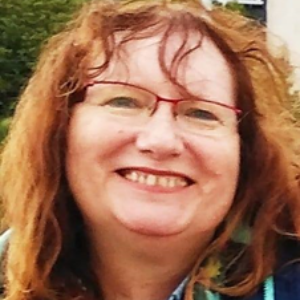Abstract:
Biodiesel production from waste cooking oil (WCO) provides an alternative energy means of producing liquid fuels from biomass for various uses. Biodiesel production by recycling WCO and methanol in the presence of calcium oxide (CaO) nano-catalyst offers several benefits such as economic, environmental and waste management. A nano-catalyst of CaO was synthesized by thermal-decomposition method and calcinated at 500 °C followed by characterization using x-ray diffraction (XRD) and scanning electron microscope (SEM) techniques. The XRD results revealed nano-scale crystal sizes at high purity, with a mean particle size of ~29 nm. The SEM images exhibited morphology of irregular shapes and porous structure of the synthesized nanocatalysts. The highest conversion of WCO to biodiesel was estimated to be 99%, at optimized experimental conditions i.e., 40 °C, 1:4 WCO oil to methanol ratio, 0\80% by weight of catalyst loading rate and 30 minutes reaction time.
Biography:
Prof. Dr. Delia Teresa Sponza is currently working as a professor at Dokuz Eylül University, Department of Environmental Engineering. Scientific study topics are; Environmental engineering microbiology, Environmental engineering ecology, Treatment of fluidized bed and activated sludge systems, Nutrient removal, Activated sludge microbiology, Environmental health, Industrial toxicity and toxicity studies, The effect of heavy metals on microorganisms, Treatment of toxic compounds by anaerobic / aerobic sequential processes, Anaerobic treatment of organic chemicals that cause industrial toxicity and wastewater containing them, Anaerobic treatability of wastewater containing dyes, Treatment of antibiotics with anaerobic and aerobic sequential systems, Anaerobic and aerobic treatment of domestic organic wastes with different industrial treatment sludges, Treatment of polyaromatic compounds with bio-surfactants in anaerobic and aerobic environments, Treatment of petrochemical, Textile and olive processing industry wastewater by sonication, Treatment of olive processing industry wastewater with nanoparticles and the toxicity of nanoparticles. She has many international publications



